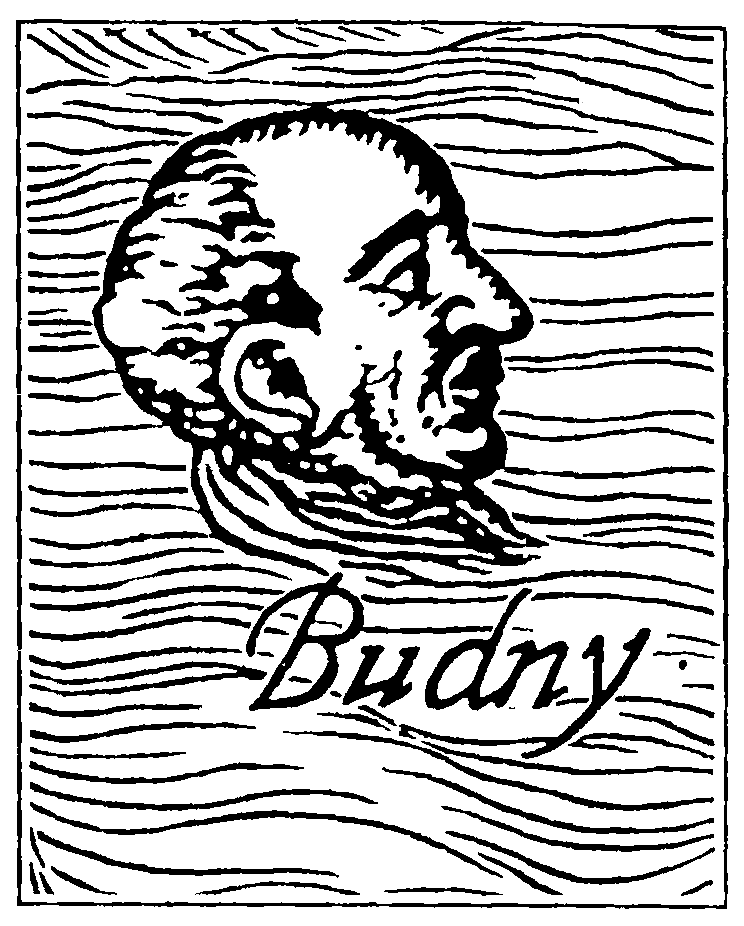|
Polish Brethren
The Polish Brethren (Polish: ''Bracia Polscy'') were members of the Minor Reformed Church of Poland, a Nontrinitarian Protestant church that existed in Poland from 1565 to 1658. By those on the outside, they were called "Arians" or "Socinians" (, '')'', but themselves preferred simply to be called "Brethren" or "Christians", and, after their expulsion from Poland, " Unitarians". History The ''Ecclesia Minor'' or ''Minor Reformed Church of Poland'', better known today as the Polish Brethren, was started on January 22, 1556, when Piotr of Goniądz (Peter Gonesius), a Polish student, spoke out against the doctrine of the Trinity during the general synod of the Reformed (Calvinist) churches of Poland held in the village of Secemin. 1565: Split with the Calvinists A theological debate called by the Polish king Sigismund II Augustus himself in 1565 did not succeed in bringing both Protestant factions together again. Finally, the faction that had supported Piotr of Goniądz' argument ... [...More Info...] [...Related Items...] OR: [Wikipedia] [Google] [Baidu] |
Nontrinitarianism
Nontrinitarianism is a form of Christianity that rejects the mainstream Christian doctrine of the Trinity—the belief that God is three distinct hypostases or persons who are coeternal, coequal, and indivisibly united in one being, or essence (from the Ancient Greek ). Certain religious groups that emerged during the Protestant Reformation have historically been known as antitrinitarian. According to churches that consider the decisions of ecumenical councils final, trinitarianism was definitively declared to be Christian doctrine at the 4th-century ecumenical councils, that of the First Council of Nicaea (325), which declared the full divinity of the Son, and the First Council of Constantinople (381), which declared the divinity of the Holy Spirit. In terms of number of adherents, nontrinitarian denominations comprise a small minority of modern Christians. After the denominations in the Oneness Pentecostal movement, the largest nontrinitarian Christian denominations ar ... [...More Info...] [...Related Items...] OR: [Wikipedia] [Google] [Baidu] |
Symon Budny
Szymon Budny or Symon Budny ( be, Сымон Будны, pl, Szymon Budny, russian: Симеон Будный; c.1533, Budne – 13 January 1593, Vishnyeva) was a Polish- Belarusian humanist, educator, Hebraist, Bible translator, Protestant reformer, philosopher, sociologist and historian, active in the territory of the Polish–Lithuanian Commonwealth. He was one of the first to promote the development of Belarusian culture in the Belarusian language. He was one of the leaders of the Polish Brethren. Place of birth Little is known about his place of birth. Though the common assumption is that he was born in Budne, Podlaskie Voivodeship, it is known that there were over 140 places with a similar name on the territory of Belarus. Though what is known is that he was familiar was the Belarusian culture first-hand and dedicated a big part of his life to promoting it. The family he was born into was a minor Belarusian szlachta. Symon Budny originally identified himself as a Litvin, ... [...More Info...] [...Related Items...] OR: [Wikipedia] [Google] [Baidu] |
Duchy Of Prussia
The Duchy of Prussia (german: Herzogtum Preußen, pl, Księstwo Pruskie, lt, Prūsijos kunigaikštystė) or Ducal Prussia (german: Herzogliches Preußen, link=no; pl, Prusy Książęce, link=no) was a duchy in the Prussia (region), region of Prussia established as a result of secularization of the Monastic Prussia, the territory that remained under the control of the State of the Teutonic Order until the Protestant Reformation in 1525. Overview The duchy became the first Protestant state when Albert, Duke of Prussia formally adopted Lutheranism in 1525. It was inhabited by a German, Polish (mainly in Masuria), and Lithuanian-speaking (mainly in Lithuania Minor) population. In 1525, during the Protestant Reformation, in accordance to the Treaty of Kraków, the Grand Masters of the Teutonic Knights, Grand Master of the Teutonic Knights, Albert, secularization, secularized the order's prevailing Prussian territory (the Monastic Prussia), becoming Albert, Duke of Prussia. As the ... [...More Info...] [...Related Items...] OR: [Wikipedia] [Google] [Baidu] |


